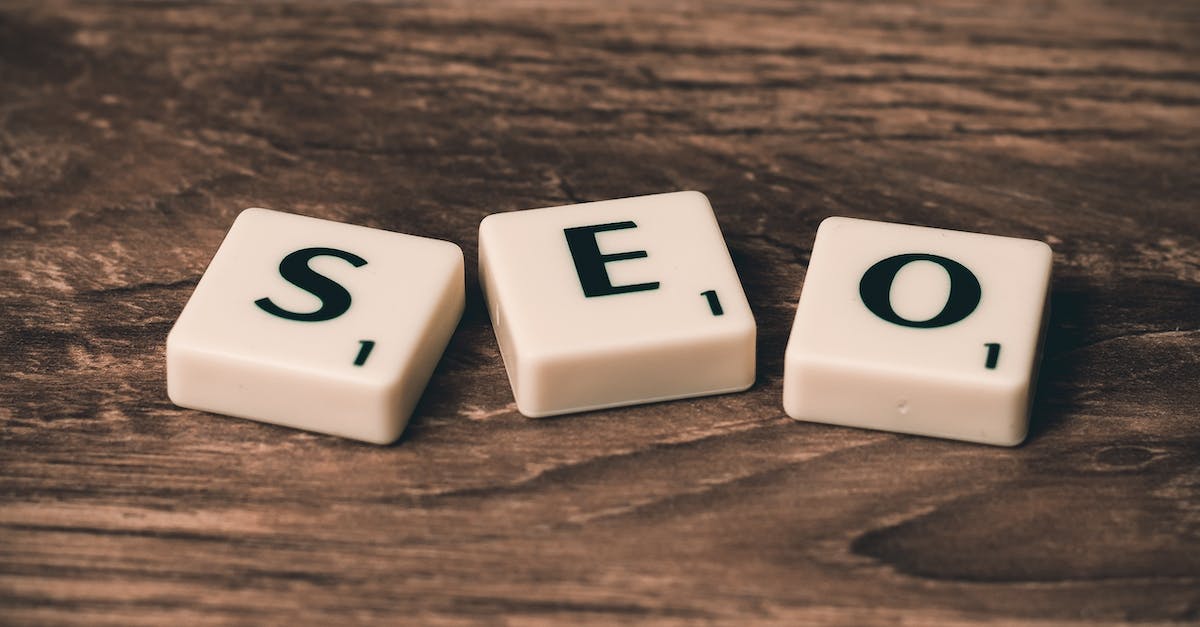Stay Up-To-Date With Search Engine Marketing News

Search engine marketing can be an ever-evolving landscape. With Google and other platforms constantly tweaking their algorithms, keeping up can be difficult. That’s why it’s crucial to stay current on search engine marketing news; our daily news report offers all of the latest industry updates and trends related to SEO as well as helpful advice for improving your strategy.
Search engine optimization
Search engine optimization (SEO) can be an invaluable way of increasing sales for any business, improving online visibility and increasing brand recognition. Unfortunately, however, this process takes time and requires professional knowledge in order to achieve optimal results from SEO efforts.
For optimal results, it is advisable to hire a professional who stays abreast of Google SEO news and trends. SEM Chatter curates all the latest SEO updates from leading sources while its industry-leading experts report daily SEO news updates.
Search engine marketing is often misunderstood as pay-per-click advertising – an Internet form of promotion in which businesses bid for top spots on search engine results pages (SERPs). However, this differs significantly from organic or natural SEO which forms part of an effective overall search strategy. Furthermore, each search engine has their own set of rules regarding which advertisements they accept on their platforms.
Pay-per-click advertising
Pay-per-click advertising (PPC) enables marketers to bid on specific keywords or phrases to display ads in search engine results pages. Advertisers pay a fee whenever someone clicks their ad, leading them to either their website or landing page; their goal being traffic generation and conversion. Ad extensions such as site links and callout text help advertisers stand out from competitors by prompting users to click their ads more.
PPC falls under the umbrella term of search engine management (SEM), which covers all aspects of online promotion on search engines including organic SEO and paid search. Although people sometimes confuse SEM and PPC as being synonymous terms, there’s actually some distinction between the two; SEM encompasses both organic and paid online marketing strategies while PPC refers specifically to sponsored ads on search engines.
Social media marketing
Search engine marketing (SEM) is a form of paid advertising on search engine results pages (SERPs). SEM utilizes keyword analysis to target potential visitors to websites; marketers then purchase top placement for those keywords by purchasing ads within SERPs for them. SEM can be highly measurable when it comes to driving traffic towards an website and driving conversions; however it can become expensive depending on its competitiveness or quality of ads purchased.
Search engine marketing (SEM) can also provide real-time consumer data that is difficult to gather through traditional market research methods. When the iPhone 6 Bendgate controversy surfaced, Apple could rely on SEM as an important way of providing timely communications about their products and services – essential in today’s fast-paced retail media rodeo environment. Social media also helps your company build brand recognition and customer loyalty.
Content marketing
Search engine marketing (SEM) is an approach to online promotion that leverages paid ads to drive visitors to a website. SEM involves identifying key phrases that might attract users, and purchasing ads on search engine results pages (SERPs) for those terms. Search engine marketing falls within search engine optimization (SEO), which involves making content more visible for search engines.
Content marketing relies on finding an optimal balance of keywords and user-friendly copy. Too many keywords may raise a red flag with search engines, leading them to penalise your site for “keyword stuffing.” Repetition of certain keyphrases signals unnaturalness or spammy activity on your part and should be avoided in content production.
For your content to reach its intended audiences, utilize long-tail keywords instead of exact word matches whenever possible. Google and other search engines now prioritize quality, relevant material that answers any question posed in its title or headline.

